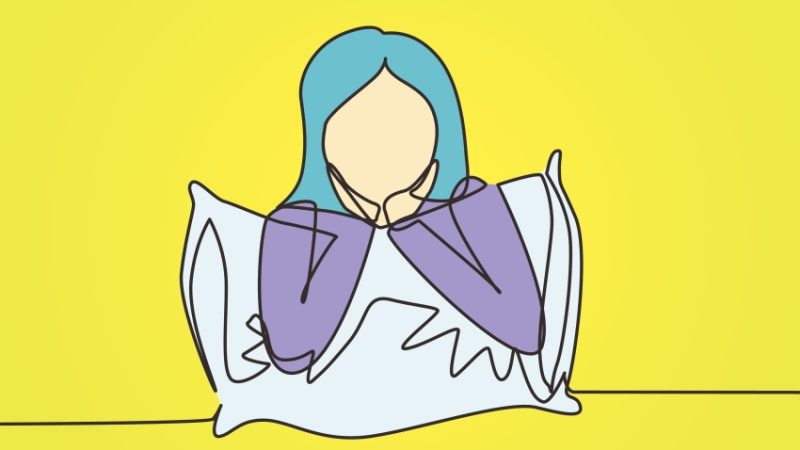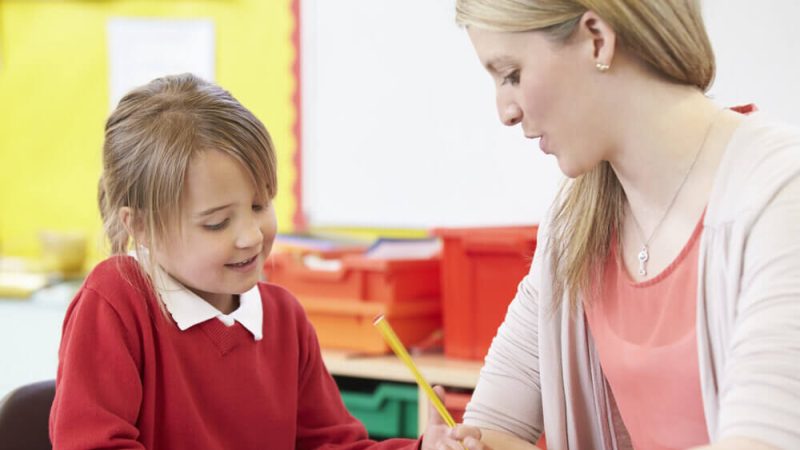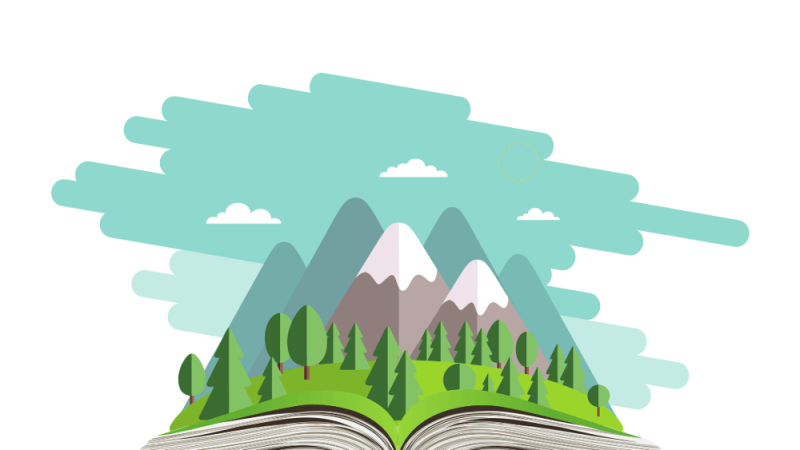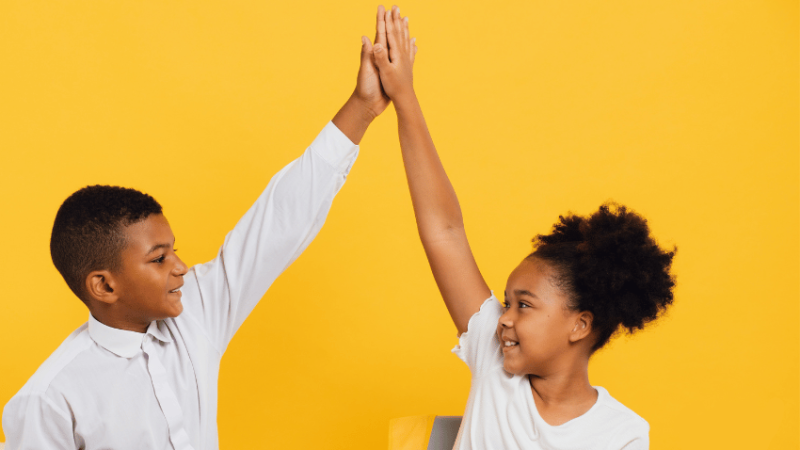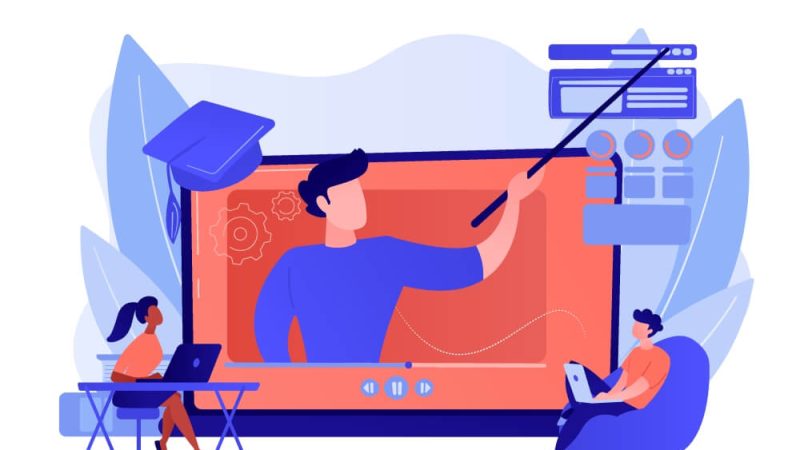ChildLine Reports Sharp Rise In Calls Regarding Online Pornography
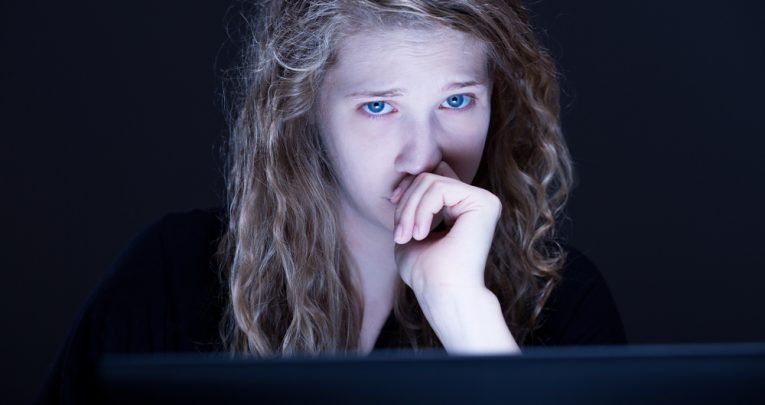
NSPCC helpline provided 844 online porn-related counselling sessions to children over the last year, including 130 to children aged 11 and younger

- by Teachwire

Childline, the 24-hour telephone counselling service for children operated by the NSPCC, has reported seeing a 60% year-on-year increase in counselling sessions given to children ‘left worred’ after viewing online pornography.
According to a set of figures released by the service this week, 844 sessions regarding online pornography were provided to children across the UK over the past year, up from 529 in 2014/15. Of those, around 130 sessions involved children aged 11 and under.
A significant proportion of the sessions heard from children who said they felt ‘ashamed’, ‘guilty’ and ‘addicted’ having viewed online pornography, with some stating that they had been pressured into watching it by their peers.
Childline quotes one female teenage caller as saying, “My boyfriend told me he likes watching porn, so I said I’d watch it with him. I wish I hadn’t because since then I’ve felt really insecure about my body. All the girls in the porn films were so pretty and perfect, so it’s left me feeling fat and ugly. I’m really down and depressed knowing that’s what I’m being compared to, but my boyfriend doesn’t seem to understand why I’m upset.”
According to recent research commissioned by the NSPCC and the Children’s Commissioner for England, young people are as likely to view online pornography by accident as they are to seek it out, and that repeated viewing causes some to see the situations portrayed as realistic.
NSPCC chief executive Peter Wanless said of the findings: “A generation of young people are being exposed to extreme or violent sexual acts online. This is robbing children of their innocence and is not the right way for them to learn about sex or relationships. Worryingly, some children think that porn is realistic and want to act out what they’ve seen online.
“Children should be protected from adult-only material online just as they are in the off-line world. The Digital Economy Bill is a chance to get this right and Government must not let this opportunity slip through their fingers. It is crucial that porn websites that fail to comply with age verification checks can be blocked, so they cannot be accessed by children in the UK.”
This week has also seen the NSPCC publish a new report, ‘What Should I Do?‘ [PDF] in partnership with O2, which examines the risks to young people presented by online sharing of sexual content, grooming and sexual exploitation. The report also includes testimonials from service users and information about the tools and forms of support available to those seeking further help.
Useful resources
The NSPCC provides the following tools and materials for parents and professionals:
• Keeping Children Safe Online An introductory safeguarding course for professionals working with children
• Share aware Lesson plans and guidance for schools themed around online safety
• NSPCC & O2 Online Safety Partnership Includes a dedicated online safety helpline (0808 800 5002), tips and guidelines, and free online safety workshops for parents
• NetAware An information resource for children, young people and parents to the features, age suitability and potential risks of many popular websites, apps and online games
ChildLine can be contacted on 0800 1111 or by visiting www.childline.org.uk





